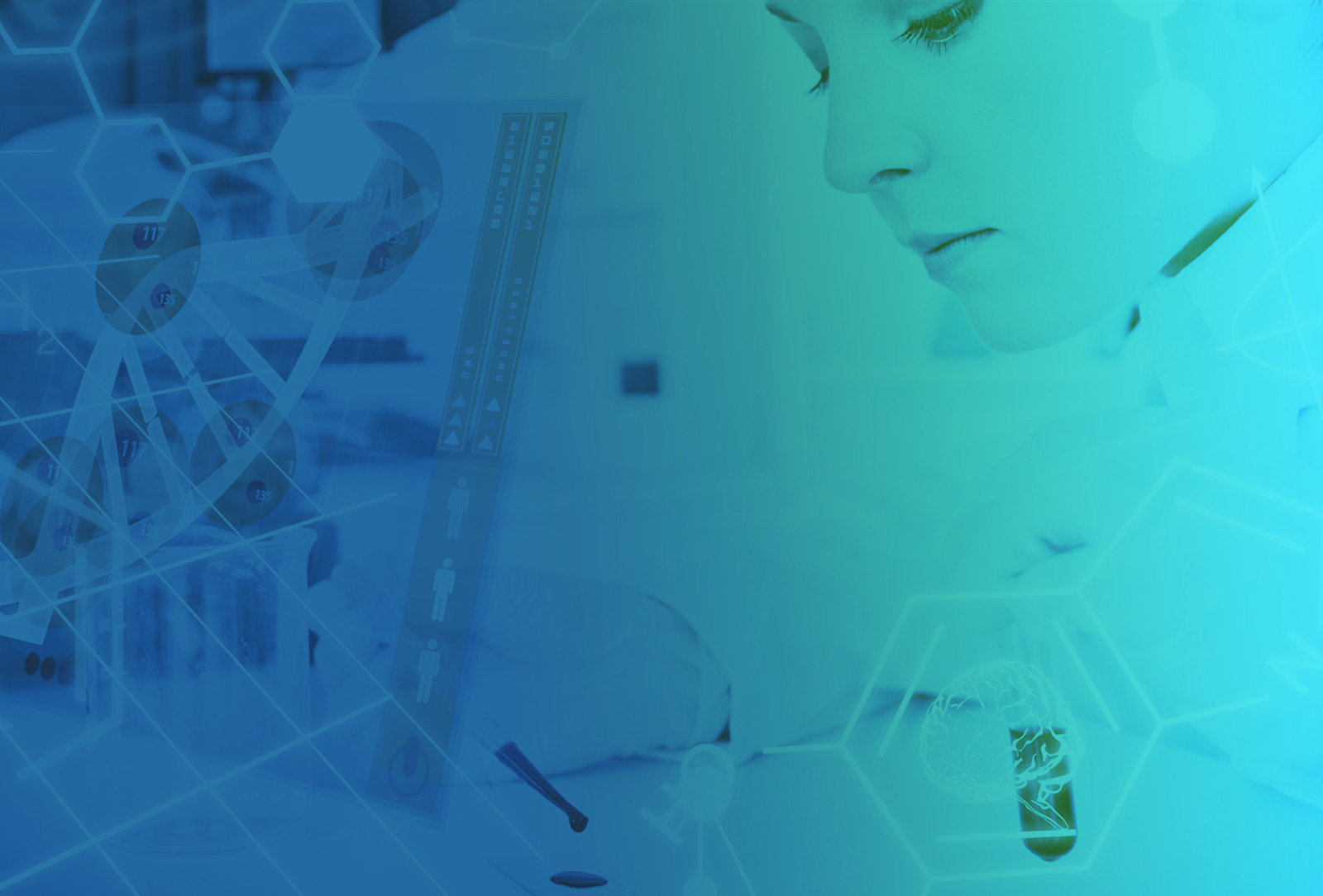 The importance of health research cannot be overstated. Research is needed to address the increasing disease burden and challenges faced by European healthcare systems, including the current COVID-19 pandemic. Nonetheless, bottlenecks such as fragmentations in the health research funding system, and limitations to the sustainability of funding, still persist in Europe.
The importance of health research cannot be overstated. Research is needed to address the increasing disease burden and challenges faced by European healthcare systems, including the current COVID-19 pandemic. Nonetheless, bottlenecks such as fragmentations in the health research funding system, and limitations to the sustainability of funding, still persist in Europe.
Against this background, FEAM and BioMed Alliance partnered with influential policymakers and experienced researchers to have an open discussion on the future of European health research. A summary of this discussion, which took place in the European Parliament on 31 January 2020, is now available in a report published here.
Three hosting MEPs, Cristian Bușoi (EPP), Maria da Graça Carvalho (EPP), and Petra De Sutter (Greens/EFA) supported this initiative to discuss the future of health research in Europe. As a scientist with an engineering background, Prof. Carvalho welcomed the opportunity to discuss research, innovation and education with stakeholders and policymakers. Dr. Bușoi reiterated his commitment in working with other colleagues to strengthen medical research and build synergies with the proposed missions in the next European R&I programme. Drawing from her medical expertise, Prof. De Sutter presented her vision on the added value of publicly-funded clinical trials, especially for areas such as surgical techniques, screening or lifestyle interventions that will never be fully tackled by a market-driven industry.
A high-level discussion with representatives from the European Commission and Parliament, industry, patients’ organisations, and Academia, followed. The complexity of health research was a key aspect during discussions. Prof. Mihai Netea used the example of complex medical issues such as sepsis to highlight the need for a supportive ecosystem for medical research.
Broad collaboration and innovation across sectors, including for data sharing was another recurring theme during the workshop. In his speech, Dr. Andrzej Rys, from the European Commission (DG Health) outlined the next steps planed for the design of the European Health Data Space with the active involvement of all stakeholders. Health research requires broad collaboration with all partners, including the private sector, to boost translational and implementation research, as highlighted by Magda Chlebus from EFPIA. Meaningful and early engagement of patients is also needed to ensure that results achieve maximum social relevance, as explained by Katie Gallagher from the European Patients Forum.
Significantly, the workshop took place on 31 January 2020, the deadline for Brexit. Prof. George Griffin, President of the Federation of European Academies of Medicine (FEAM) and Fellow of the UK Academy of Medical Sciences, called for ensuring a smooth transition and continuous collaboration after Brexit.
In spite of the importance and complexity of health research, participants were reminded by Prof. Roger Bouillon, Emeritus Professor of Medicine, Endocrinology, KU Leuven that the overall EU budget for life sciences is around 2 or 3 euro per person. Beyond funding, it is also necessary to tackle inequalities in research between different EU member states, which often translate into health inequalities. As noted by Prof. Francoise Meunier, Vice President of FEAM, these inequalities remain stumbling blocks between Central and Eastern Europe.
The workshop also coincided with the release of the first Horizon 2020 call to support research for clinical and public health responses to address the novel coronavirus, which was announced by Ms. Irene Norstedt, Acting Director of the People Directorate at the European Commission (DG Research).
Three months after, the call for a “broad partnership” between basic and applied research, between the public and the private sectors, between the EU and the UK, and between the EU Commission and the Parliament, and Member States, as expressed by MEP Petra De Sutter in her closing remarks, remains more crucial than ever.